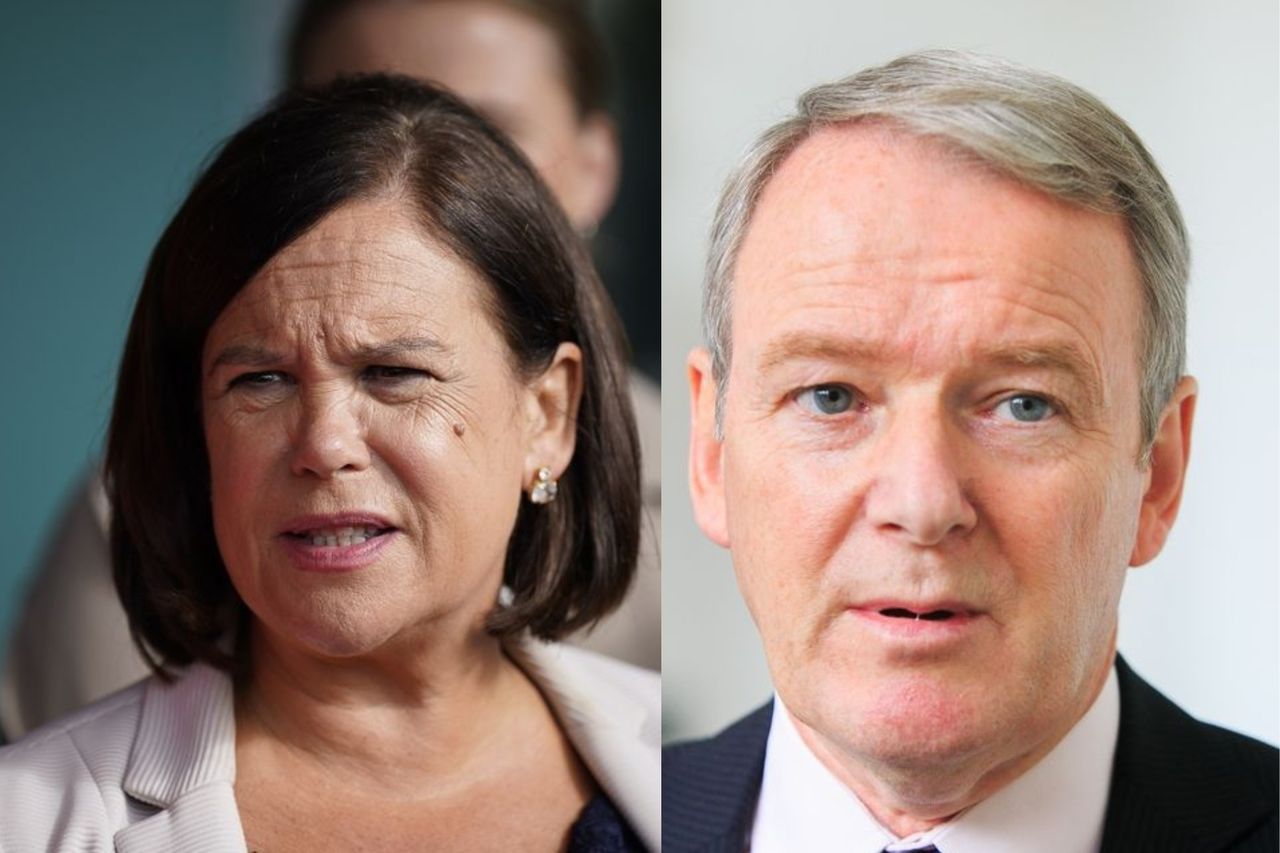It was late July 2024 when a party member lodged a complaint against Brian Stanley, veteran Sinn Féin TD for Laois-Offaly. The proceedings quickly gained momentum, leading to his resignation and initiating a wider debate about the internal affairs of Sinn Féin. Stanley, who has represented Laois-Offaly since 2011, likened the party’s disciplinary process to a “kangaroo court.” His decision to resign makes him the second TD to exit the party in one week, raising concern over further maladies inside Sinn Féin.
Complaint and investigation
The complaint against Brian Stanley emerged as part of Sinn Féin’s internal procedures. Indeed, after Sinn Féin president Mary Lou McDonald revealed the existence of a panel investigating the matter, new facts surfaced during the investigation, leading to the emergence of a counter-complaint. In one instance, the inquiry became so complex that it abruptly stopped.
McDonald emphasized the severity of the issue even more prominently, seemingly highlighting the party’s decision to seek external legal advice. The in-house probe was put on hold, and it was forwarded to An Garda Síochána (the police of Ireland) for further action.
McDonald contested the disciplinary process, asserting that no stage of the investigation violated Stanley’s rights. She further stated that a solicitor and barrister represented Stanley throughout the entire process. However, Stanley expressed dissatisfaction with the entire process, describing it as biased and lacking objectivity.
Stanley’s Exit and Allegations
Stanley resigned from Sinn Féin after nearly four decades of being associated with the party. He expressed his dissatisfaction with the internal disciplinary procedure, describing it as “lacking in credibility and having an alarming kangaroo court feel.” The process, he said, was “seriously flawed” and “unfair.” Despite having legal professionals representing him, he described the investigation as “badly handled.”
In a statement accompanying his resignation, Stanley expressed his shattered confidence in the party due to Sinn Féin’s handling of the entire affair. He further questioned the panel’s objectivity and expressed dismay over the party’s leadership’s handling of recent internal matters.

His decision to resign as a Sinn Féin TD but remain as an independent “Republican TD” suggests that the resignation was more political than personal. People interpret his resignation from the party as a sign of a wider rift within Sinn Féin. Many are reportedly questioning the fairness of processes within the party.
Reaction Within Sinn Féin
Sinn Féin leader Mary Lou McDonald described Stanley’s decision to quit as a “deeply disappointing” move and said she thought he had made a mistake. Sinn Féin MEP Lynn Boylan called for Stanley to state publicly what the complaint against him was because he was speaking only “half a story.” Like McDonald, Boylan asserted that Stanley had legal representation throughout the inquiry and that he erred in stopping the process.
Boylan described how the party believed that the abrupt departure of Stanley undid much of the fairness that the process should have bestowed upon the case. Boylan characterized Stanley’s claims of a kangaroo court as deeply disingenuous, particularly considering that he had not lost his right to counsel.
Earlier, there had been internal fights within Sinn Féin. Just last week, prior to Stanley’s resignation, Patricia Ryan, a TD from Kildare South, also resigned, citing her position’s undermining influence from the party leadership. Besides this, several more cases involving inappropriate messages from a member of Sinn Féin have surfaced and raised questions over the internal setup of the party.
Larger Party Fallout
Matters such as the resignation of Brian Stanley do not avoid outside party attention either. Minister for Justice Helen McEntee was not hesitant to weigh in on the matter when she described Sinn Féin as an organizational system that has ‘no clear structures’.
McEntee referred to several other recent scandals, including a Sinn Féin member resigning over accusations he had been sending unsuitable text messages to a 17-year-old and further controversy within the party following the revelation that a senior member had provided a letter of reference for one of the perpetrators involved in child abuse.
The comments by McEntee raised the possibility that these types of incidents are not isolated but an indication of something wider in Sinn Féin. She believes that the party’s ability to govern invariably faces a significant question mark if it fails to address its internal affairs.
What’s Next?
The move by Brian Stanley has also marked a defining moment for Sinn Féin, as the party continues to grapple with mounting external challenges and internal limits. The internal disciplinary process, which was initially implemented to address personal grievances within the party, has now resulted in public declarations against injustice and bias. With Stanley’s departure, Sinn Féin will have to address the internal issues that have shattered the party’s unity.
In fact, Sinn Féin has a pretty strong internal mechanism to deal with complaints. However, the recent controversy showcases a gap between party procedures and satisfaction for its members. For Stanley, the process failed; thus, he raised the question of integrity in the party. For Sinn Féin, on the other hand, the challenge is to revive confidence in internal structures and move forward with all the media scrutiny that they are receiving.
The complaint against Stanley remains mostly enigmatic, yet it continues to unravel and expand potential storylines that could expand the plot and reveal deeper tensions within Sinn Féin.




